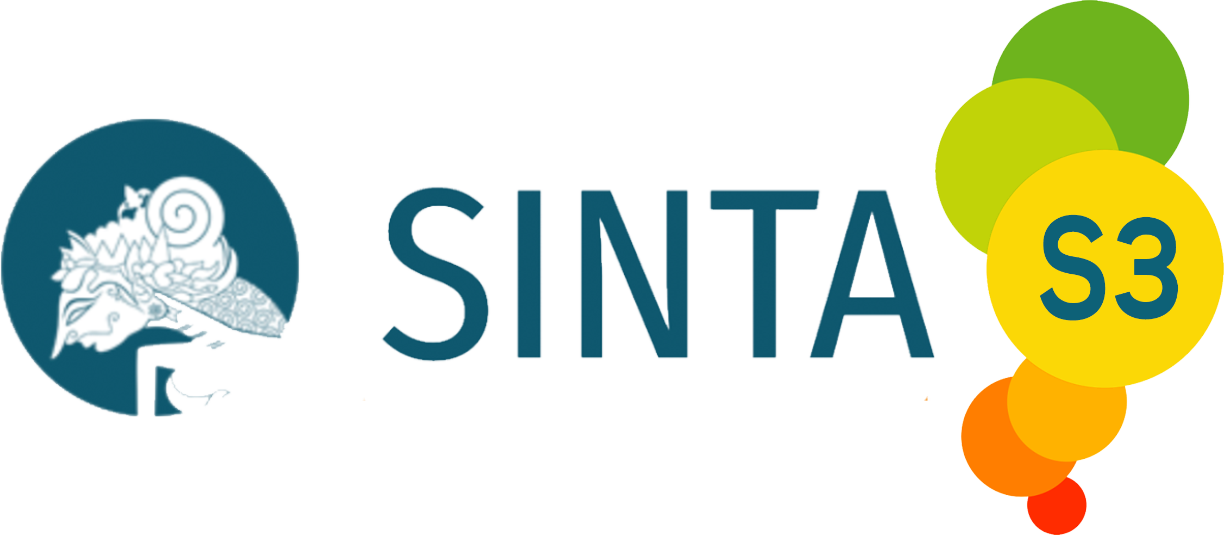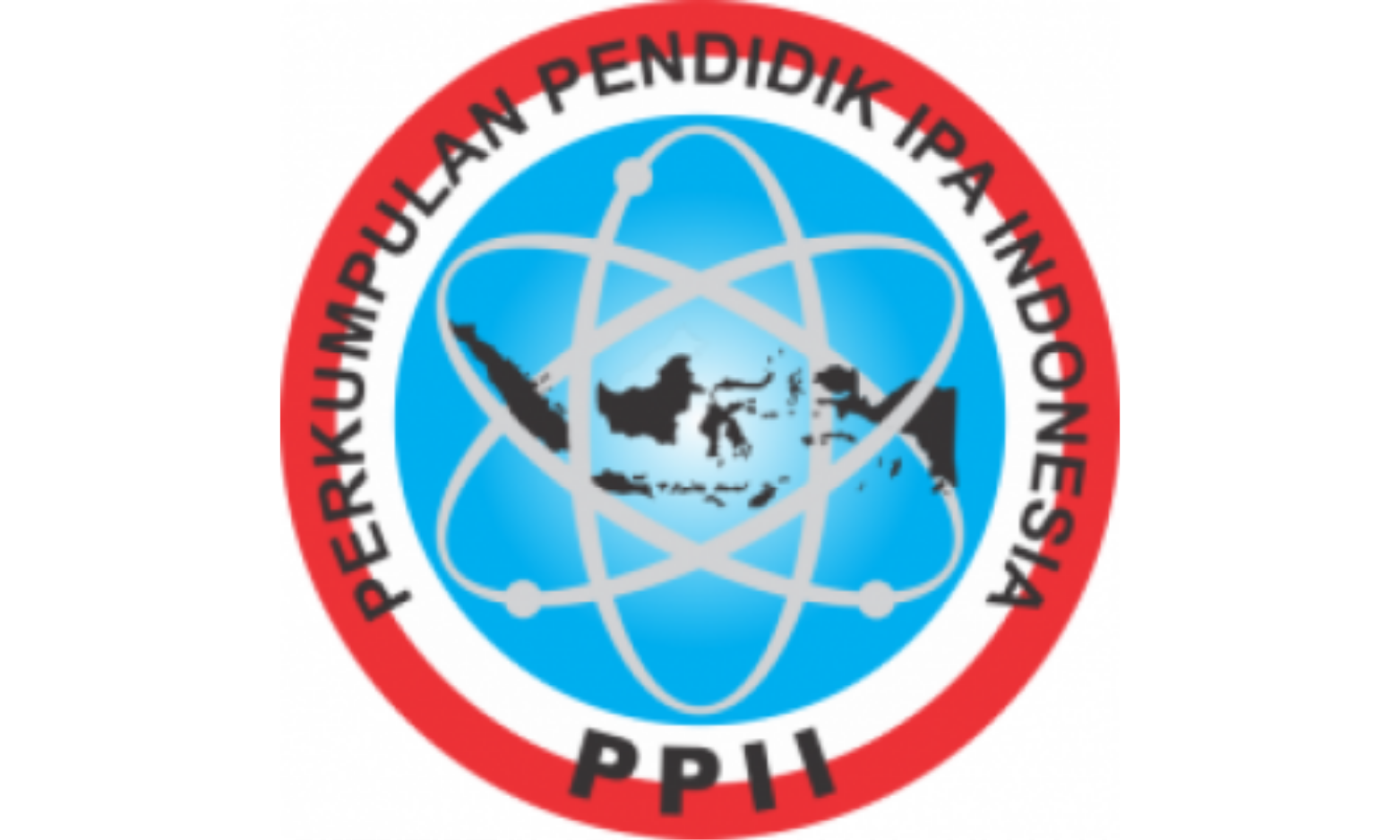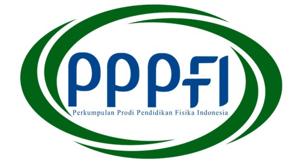LITERATURE REVIEW STUDENT'S METACOGNITIVE ABILITY: BIBLIOMETRIC ANALYSIS
DOI:
https://doi.org/10.15575/jotalp.v7i1.13698Keywords:
Scientific Literacy, Metacognitive, Learning, BibliometricsAbstract
References
Basam, F., Rusilowati, A., & Ridlo, S. (2017). Analysis of Science Literacy Learning with Scientific Inquiry Approach in Increasing Science Competence of Students. Journal of Primary Education, 6(3), 174–184. https://doi.org/10.15294/jpe.v6i3.21049
Biyan, V. S., & Setyarsih, W. (2020). Validitas instrumen penilaian keterampilan berpikir kritis melalui penalaran formal dalam pemecahan masalah pada materi usaha dan energi. Inovasi Pendidikan Fisika, 9(3), 447–458. https://doi.org/10.26740/ipf.v9n3.p447-458
Dragoş, V., & Mih, V. (2015). Scientific Literacy in School. Procedia - Social and Behavioral Sciences, 209, 167–172. https://doi.org/10.1016/j.sbspro.2015.11.273
Drummond, C., & Fischhoff, B. (2017). Individuals with greater science literacy and education have more polarized beliefs on controversial science topics. Proceedings of the National Academy of Sciences of the United States of America, 114(36), 9587–9592. https://doi.org/10.1073/pnas.1704882114
Erenler, S., & Cetin, P. S. (2019). Utilizing argument-driven-inquiry to develop pre-service teachers’ metacognitive awareness and writing skills. International Journal of Research in Education and Science, 5(2), 628–638.
Fakhriyah, F., Masfuah, S., Roysa, M., Rusilowati, A., & Rahayu, E. S. (2017). Student’s science literacy in the aspect of content science? Jurnal Pendidikan IPA Indonesia, 6(1), 81–87. https://doi.org/10.15294/jpii.v6i1.7245
Firmansyah, A., Qadri, R. A., & Arham, A. (2020). Pelatihan melalui Web Seminar terkait Publikasi Artikel untuk Menembus Jurnal Sinta 2 dan Scopus. Abdimas: Jurnal Pengabdian Masyarakat Universitas Merdeka Malang, 5(2), 131-138. https://doi.org/10.26905/abdimas.v5i2.4244
Gherardini, M. (2016). Pengaruh Metode Pembelajran dan Kemampuan Berpikir Kritis Terhadap Kemampuan Literasi Sains. Jurnal Pendidikan Dasar, 7(2), 253–264. https://dx.doi.org/10.21009/JPD.072.06
Gu, C., & Feng, Y. (2021). Influence of Public Engagement with Science on Scientific Information Literacy During the COVID‑19 Pandemic: Empirical Evidence from College Students in China. Science and Education, 39. https://doi.org/10.1007/s11191-021-00261-8
Güner, P., & Erbay, H. N. (2021). Metacognitive Skills and Problem- Solving, International Journal of Research in Education and Science, 7(3), 715–734. https://doi.org/10.46328/ijres.1594
Ichsan, I. Z., Djamahar, R., Ristanto, R. H., Sartono, N., Darmawan, E., & Muhlisin, A. (2019). Empowering Student’s Metacognitive Skill through Cirsa Learning. Journal of Physics: Conference Series, 1227(1). https://doi.org/10.1088/1742-6596/1227/1/012001
Ichsan, I. Z., Sigit, D. V., Miarsih, M., Ali, A., Suwandi, T., & Titin. (2020). Implementation supplementary book of green consumerism: Improving students hots in environmental learning. European Journal of Educational Research, 9(1), 227–237. https://doi.org/10.12973/eu-jer.9.1.227
Jufrida, J., Basuki, F. R., Pangestu, M. D., & Djati Prasetya, N. A. (2019). Analisis Faktor Yang Mempengaruhi Hasil Belajar Ipa Dan Literasi Sains Di Smp Negeri 1 Muaro Jambi. EduFisika, 4(2), 31–38. https://doi.org/10.22437/edufisika.v4i02.6188
Lestari, P., Ristanto, R. H., & Miarsyah, M. (2019). Analysis of conceptual understanding of botany and metacognitive skill in pre-service biology teacher in Indonesia. Journal for the Education of Gifted Young Scientists, 7(2), 199–214. https://doi.org/10.17478/jegys.515978
Limpo, T., & Graham, S. (2020). the Role of Handwriting Instruction in Writers’ Education. British Journal of Educational Studies, 68(3), 311–329. https://doi.org/10.1080/00071005.2019.1692127
List, A., Brante, E. W., & Klee, H. L. (2020). A framework of pre-service teachers’ conceptions about digital literacy: Comparing the United States and Sweden. Computers and Education, 148, 103788. https://doi.org/10.1016/j.compedu.2019.103788
Martha, A. S. D., & Santoso, H. B. (2019). The design and impact of the pedagogical agent: A systematic literature review. Journal of Educators Online, 16(1). https://doi.org/10.9743/jeo.2019.16.1.8
Masitoh, P. N. A., Latifah, S., Saregar, A., Aziz, A., Suharto, & Jamaluddin, W. (2021). Bibliometric analysis of physics problem solving. IOP Conference Series: Earth and Environmental Science, 1796. https://doi.org/10.1088/1742-6596/1796/1/012009
Narut, Y. F., & Supradi, K. (2019). Literasi sains peserta didik dalam pembelajaran ipa di indonesia. Jurnal Inovasi Pendidikan Dasar, 3(1), 61–69.
Nofiana, M. (2017). Profil Kemampuan Literasi Sains Siswa SMP di Kota Purwokerto Ditinjau dari Aspek Konten, Proses, dan Konteks Sains. JSSH (Jurnal Sains Sosial Dan Humaniora), 1(2), 77. https://doi.org/10.30595/jssh.v1i2.1682
Nur, A. (2021). Pengaruh Model Discovery Learning terhadap Keterampilan Berpikir Kritis Peserta Didik pada Materi Sifat-Sifat Cahaya di SMP NegeriI 3 Bangkinang. Doctoral dissertation, Graduate School, Universitas Islam Negeri Sultan Syarif Kasim Riau.
Nurtanto, M., Nurhaji, S., Widjanarko, D., Wijaya, M. B. R., & Sofyan, H. (2018). Comparison of Scientific Literacy in Engine Tune-up Competencies through Guided Problem-Based Learning and Non-Integrated Problem-Based Learning in Vocational Education. Journal of Physics: Conference Series, 1114. https://doi.org/10.1088/1742-6596/1114/1/012038
OECD. (2016). PISA 2015 Results in Focus (No. 67). https://doi.org/10.1787/aa9237e6-en
Ohtani, K., & Hisasaka, T. (2018). Beyond intelligence: a meta-analytic review of the relationship among metacognition, intelligence, and academic performance. Metacognition and Learning, 13(2), 179–212. https://doi.org/10.1007/s11409-018-9183-8
Pamungkas, Z. S., Aminah, N. S., & Nurosyid, F. (2018). Students Critical Thinking Skill in Solving Scientific Literacy using a Metacognitive Test Based on Scientific Literacy. Jurnal Ilmiah Pendidikan Fisika Al-Biruni, 7(2), 161–169. https://doi.org/10.24042/jipfalbiruni.v7i2.2909
Rani, S. (2021). Pengaruh Model Pembelajaran Problem Solving dengan Pendekatan STEM (Science, Technology, Engineering, and Mathematics) Terhadap Kemampuan Berpikir Kritis dan Metacognitive Skills Peserta Didik. UIN Raden Intan Lampung.
Rohman, S., Rusilawati, A., & Sulhadi. (2017). Analisis Pembelajaran Fisika Kelas X SMA Negeri di Kota Cirebon Berdasarkan Literasi Sains. Analisis Pembelajaran Fisika Kelas X SMA Negeri Di Kota Cirebon Berdasarkan Literasi Sains, 1(2), 12–18. https://doi.org/10.15294/physcomm.v1i2.10402
Setiawan, A. R., & Saputri, W. E. (2020). Pembelajaran Literasi Saintifik untuk Pendidikan Dasar. Media Penelitian Pendidikan: Jurnal Penelitian Dalam Bidang Pendidikan Dan Pengajaran, 14(2), 144–152.
Supeno, Subiki, & Rohma, L. W. (2018). Students’ Aability in Solving Physics Problems on Newtons’ Law of Motion. Jurnal Ilmiah Pendidikan Fisika Al-BiRuNi, 7(1), 59–70. https://doi.org/10.24042/jipfalbiruni.v7i1.2247
Suprapto, N., Prahani, BK, & Deta, UA (2021a). Research trends on ethnoscience through bibliometric analysis (2011-2020) and the contribution of Indonesia. Library Philosophy and Practice (e-journal), 5599, 1-17.
Suprapto, N., Prahani, BK, & Deta, UA (2021b). Top 100 cited publications in physics education in the last thirty years: A bibliometric analysis. Library Philosophy and Practice (e-journal), 5928, 1-13.
Suprapto, N., Sukarmin, Puspitawati, RP, Erman, Savitri, D., Ku, C.-H, & Mubarok, H. (2021c). Research trends on technological pedagogical content knowledge (TPACK) through bibliometric analysis (2015-2019). International Journal of Evaluation and Research in Education (IJERE), 10(4), in-press.
Supriyatin, R. (2019). S., Ristanto, RH, & Ichsan, IZ (2019). Improving hots in biology learning: A supplement book of plant growth and development. Universal Journal of Educational Research, 7(12), 2642–2646.
Teng, F. (2020). The benefits of metacognitive reading strategy awareness instruction for young learners of English as a second language. Literacy, 54(1), 29–39. https://doi.org/10.1111/lit.12181
Tupan, Rahayu, R. N., Rachmawati, R., & Rahayu, E. S. R. (2018). Analisis Bibliometrik Perkembangan Penelitian Bidang Ilmu Instrumentasi. BACA: Jurnal Dokumentasi Dan Informasi, 9008(21), 135–149.
Wall, K., & Hall, E. (2016). Teachers as metacognitive role models. European Journal of Teacher Education, 39(4), 403–418. https://doi.org/10.1080/02619768.2016.1212834
Warni, Sunyono, S., & Rosidin, R. (2018). Measuring metacognitive ability based on science literacy in dynamic electricity topic. Journal of Physics: Conference Series, 948(1). https://doi.org/10.1088/1742-6596/948/1/012041
Winne, P. H. (2011). A Cognitive and Metacognitive Analysis of Self-Regulated Learning (1st ed., pp. 15–32). Routledge/Taylor & Francis Group.
Yacoubian, H. A. (2018). Scientific literacy for democratic decision-making. International Journal of Science Education, 40(3), 308–327. https://doi.org/10.1080/09500693.2017.1420266
Yanti, D. R., Rochmiyati, & Loliyana. (2019). Pengaruh Aktivitas Literasi Terhadap Hasil Belajar Peserta Didik Kelas V di Sekolah Dasar. Jurnal Pendidikan, 7(13).
Yanti, H., Distrik, I. W., & Khasyyatillah, I. (2017). Profile of Senior High School Metacognitive Ability in Solving Problems of Abstraction on Physics Material. Jurnal Ilmiah Pendidikan Fisika Al-Biruni, 6(2), 241–246. https://doi.org/10.24042/jipfalbiruni.v6i2.2061
Downloads
Published
Issue
Section
Citation Check
License
Journal of Teaching and Learning Physics is licensed under a Creative Commons Attribution-NonCommercial-NoDerivatives 4.0 International License








